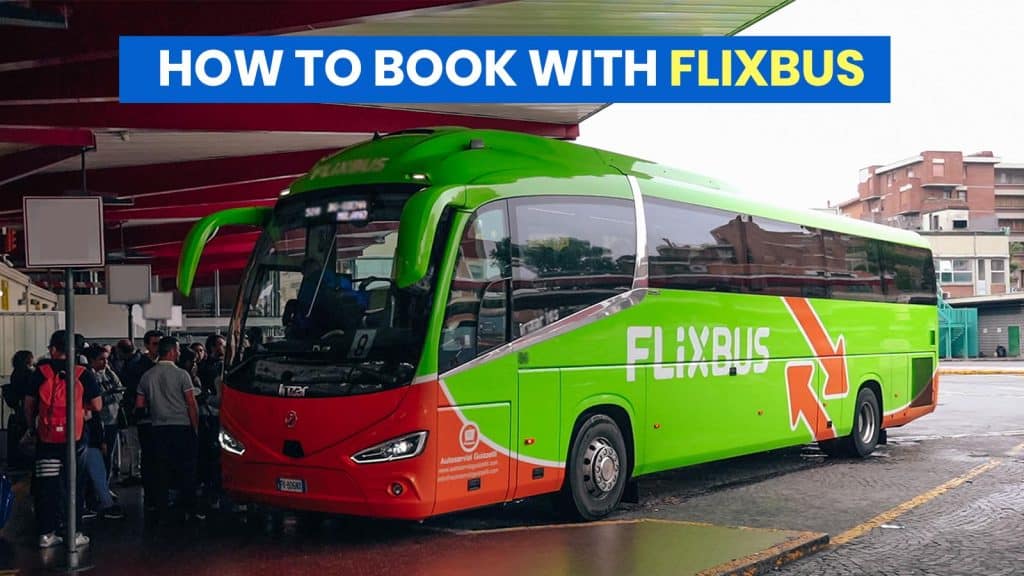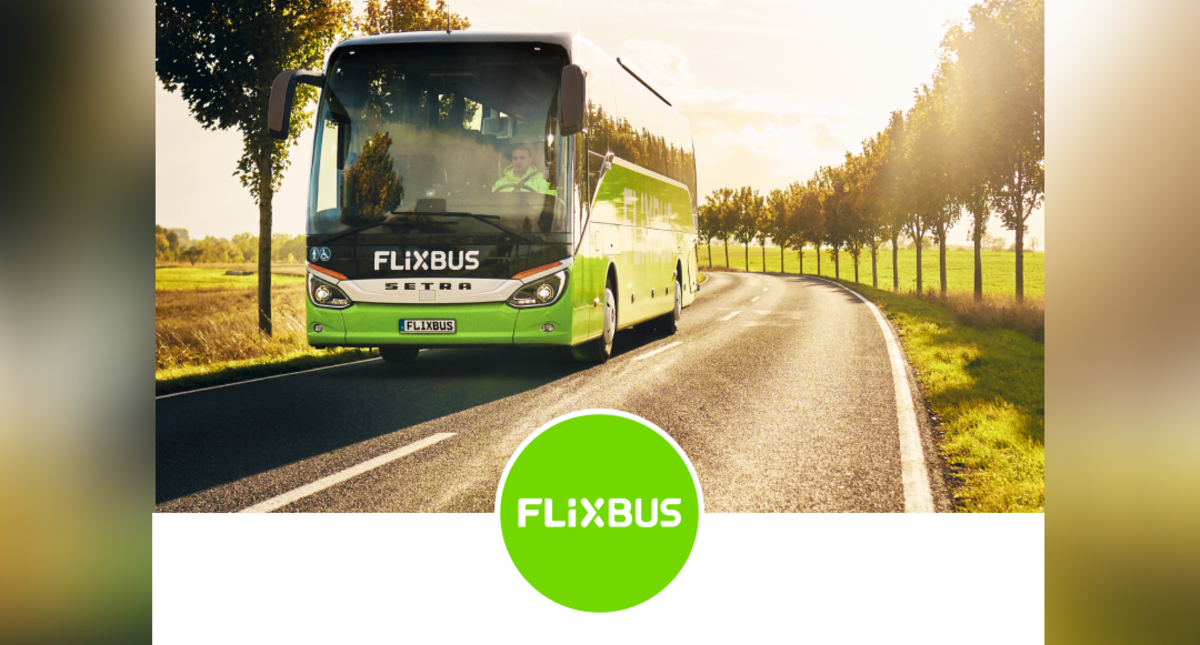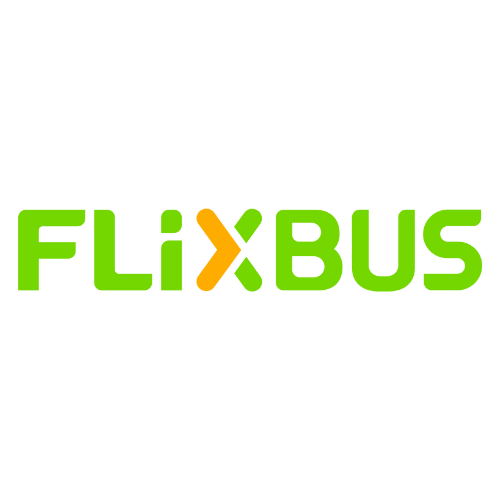
In the realm of modern transportation, where convenience meets affordability, FlixBus has emerged as a prominent player, reshaping the landscape of long-distance bus travel. This article delves into the depths of FlixBus, exploring its inception, operational model, service offerings, customer experience, and the all-important aspect of pricing.
A Journey through Time: The Genesis of FlixBus
FlixBus was born out of a vision to revolutionize the traditional bus travel industry, which had long been perceived as slow, outdated, and lacking in comfort. The company was founded in 2013 by three young entrepreneurs in Germany – Jochen Engert, Daniel Krauss, and André Schwämmlein. Their goal was to create a sustainable and affordable alternative to existing modes of long-distance transportation.
The founders leveraged the power of digitalization to introduce a tech-savvy approach to bus travel, making it more accessible and appealing to a diverse range of travelers. Through a user-friendly mobile app and website, FlixBus brought bus travel into the 21st century, offering a seamless booking experience and real-time tracking of buses.
The FlixBus Fleet: A Symphony of Comfort and Eco-Friendliness
One of the key factors contributing to FlixBus’s success is its modern and eco-friendly fleet. FlixBus does not own buses but collaborates with regional bus companies to create a network that spans across Europe and, more recently, in the United States. The buses are equipped with amenities such as free Wi-Fi, power outlets, air conditioning, and comfortable seats, redefining the expectations of travelers accustomed to the more conventional bus experience.
The company places a strong emphasis on sustainability, with a commitment to reducing its carbon footprint. FlixBus buses are designed to be energy-efficient, and the company actively invests in offsetting its emissions through various environmental initiatives.
A Tapestry of Destinations: FlixBus Route Network
FlixBus has successfully woven an expansive tapestry of destinations, connecting cities and towns across Europe and the United States. The route network encompasses both urban hubs and picturesque landscapes, providing travelers with a wide array of choices. The strategic expansion of its network has solidified FlixBus as a go-to option for those seeking cost-effective travel options without compromising on comfort or accessibility.
Customer Experience: Onboard and Beyond
Onboard Comfort and Amenities
FlixBus has earned its reputation not only through connectivity but also by prioritizing passenger comfort. The buses are designed to cater to the needs of various travelers, offering reclining seats, ample legroom, and panoramic windows for scenic views. The inclusion of amenities such as free Wi-Fi and power outlets ensures that passengers can stay connected throughout their journey.
Booking and Travel Assistance
The booking process with FlixBus is streamlined and user-friendly. The mobile app and website provide a hassle-free experience, allowing users to search for routes, check schedules, and make reservations effortlessly. FlixBus also offers customer support through various channels, ensuring that travelers receive assistance in case of any queries or issues during their journey.
Real-Time Tracking and Updates
FlixBus employs state-of-the-art technology to provide real-time tracking of buses. Passengers can receive updates on the arrival time, delays, and other pertinent information through the app or website. This transparency enhances the overall travel experience, allowing passengers to plan their journey more effectively.
Navigating the Pricing Landscape: FlixBus Pricing Strategy
One of the pillars of FlixBus’s success lies in its competitive pricing strategy. The company has adopted a dynamic pricing model that takes into account various factors, including demand, time of booking, and route popularity.
Dynamic Pricing: Adapting to Market Trends
FlixBus uses dynamic pricing algorithms that adjust ticket prices based on demand fluctuations. During peak travel times or high-demand periods, ticket prices may increase, encouraging passengers to book in advance or opt for less busy travel times. Conversely, prices may decrease during off-peak periods, providing cost-conscious travelers with more affordable options.
Early Booking Discounts and Promotions
FlixBus incentivizes early bookings by offering discounts to passengers who plan their trips well in advance. This strategy not only helps the company manage demand but also rewards proactive travelers, fostering customer loyalty.
Flexible Fare Options
Recognizing the diverse needs of travelers, FlixBus offers different fare options, allowing passengers to choose the level of flexibility they desire. Standard fares typically come with specific terms and conditions, while flexible fares may allow changes or cancellations with fewer restrictions.
Special Offers and Partnerships
FlixBus regularly introduces special offers, promotions, and partnerships to make bus travel even more economical. These may include discounted fares, bundle deals with other services, or partnerships with local businesses to provide added value to passengers.

Challenges and Controversies: A Balanced Perspective
While FlixBus has undoubtedly disrupted the long-distance bus travel industry, it has not been without its share of challenges and controversies. Issues such as delays, customer service concerns, and occasional negative feedback regarding the condition of buses have surfaced. It is essential to acknowledge these aspects as part of the broader narrative and analyze how FlixBus addresses and learns from such challenges.
The Road Ahead: Innovations and Expansion
FlixBus continues to evolve, embracing innovations that enhance the overall travel experience. The company explores partnerships with other modes of transportation, such as trains, to create seamless intermodal connections. Additionally, FlixBus is actively expanding its services to new regions, aiming to become a global player in the long-distance travel market.
Expansion Strategies: FlixBus’ Global Footprint
FlixBus has not limited its ambitions to Europe and the United States. The company has embarked on a global expansion journey, reaching new markets and connecting diverse regions. This expansion has not only increased the accessibility of FlixBus services but also contributed to the company’s status as an international player in the transportation industry. The strategic entry into markets beyond Europe and the U.S. demonstrates FlixBus’ commitment to offering its innovative and affordable travel solutions to a broader audience.
Technological Innovations: Enhancing the Travel Experience
In addition to its user-friendly booking platforms, FlixBus continues to leverage technology to enhance the overall travel experience. The implementation of augmented reality (AR) features in its app allows passengers to access additional information about landmarks and points of interest during their journey. This integration of technology goes beyond mere transportation, transforming the travel experience into an immersive and informative adventure.

Community and Social Initiatives: FlixBus Beyond Transportation
FlixBus has ventured beyond the confines of traditional transportation, engaging in community and social initiatives that reflect its commitment to responsible business practices. The company has actively participated in initiatives related to social responsibility, environmental sustainability, and community engagement. These efforts include partnerships with environmental organizations, local charities, and initiatives aimed at reducing the environmental impact of travel.
Loyalty Programs and Customer Benefits
Recognizing the value of customer loyalty, FlixBus has introduced loyalty programs and customer benefits to reward frequent travelers. These programs often offer perks such as exclusive discounts, priority boarding, and additional amenities. By fostering a sense of loyalty, FlixBus aims to build lasting relationships with its customers and incentivize repeat business.
Market Trends and Competitive Landscape
As the transportation industry evolves, FlixBus stays attuned to market trends and competitive dynamics. The company continually assesses the evolving needs and preferences of travelers, adapting its services and offerings accordingly. By remaining flexible and responsive to industry shifts, FlixBus positions itself as a dynamic player capable of navigating the ever-changing landscape of long-distance travel.

Corporate Social Responsibility (CSR): FlixBus’ Commitment to Sustainability
Sustainability is a core tenet of FlixBus’ operational philosophy. The company is dedicated to minimizing its environmental impact through various measures, including the use of energy-efficient buses, carbon offset programs, and investments in green technologies. FlixBus takes a proactive stance on corporate social responsibility (CSR), aligning its business practices with a commitment to environmental stewardship and ethical conduct.
Collaborations with Local Businesses and Tourism
FlixBus actively collaborates with local businesses and tourism boards to enhance the travel experience for its passengers. These collaborations may involve partnerships with local restaurants, tourist attractions, or cultural institutions, providing FlixBus travelers with exclusive discounts and access to unique experiences. By fostering connections with local communities, FlixBus contributes to the economic development of the regions it serves.
Feedback Mechanisms: Listening to the Passenger Voice
Continuous improvement is a hallmark of FlixBus’ customer-centric approach. The company actively seeks feedback from passengers through various channels, including surveys, social media, and direct communication. This commitment to listening to the passenger voice allows FlixBus to identify areas for improvement, address concerns promptly, and refine its services to better meet the evolving expectations of its diverse customer base.
Future Trends and Innovations in Long-Distance Travel
Looking ahead, FlixBus is positioned to be at the forefront of future trends and innovations in long-distance travel. The company is exploring possibilities in emerging technologies such as electric buses, smart mobility solutions, and sustainable travel initiatives. By staying abreast of technological advancements and industry developments, FlixBus aims to lead the way in shaping the future of long-distance transportation.
FlixBus has woven itself into the tapestry of modern travel, offering a dynamic and forward-thinking alternative in the realm of long-distance transportation. Beyond being a cost-effective mode of travel, FlixBus has embraced innovation, sustainability, and a customer-centric ethos. As the company continues to expand globally, integrate technological advancements, and contribute to communities, it is poised to leave an enduring mark on the landscape of contemporary transportation. FlixBus stands not only as a provider of travel services but as a pioneer shaping the future of how we journey from one destination to another.

Competitors in the Long-Distance Travel Sector:
- Greyhound:
Greyhound, a well-established player in the long-distance bus travel sector, is known for its extensive network across North America. - Megabus:
Megabus competes with FlixBus by offering budget-friendly intercity travel options in the United States and parts of Europe. - BoltBus:
Operating primarily in the United States, BoltBus competes with FlixBus, emphasizing affordability and comfort for its passengers. - National Express:
A major player in the United Kingdom, National Express competes with FlixBus, providing an extensive network of routes. - Eurolines:
Eurolines, operating in Europe, is a longstanding competitor offering international long-distance bus services.
Why FlixBus Stands Out:
FlixBus distinguishes itself through its dynamic pricing model, modern fleet equipped with amenities, and a comprehensive global network. With a focus on sustainability, innovative technologies, and customer-centric features such as real-time tracking, FlixBus provides a seamless and eco-friendly travel experience. Its commitment to affordability, comfort, and forward-thinking initiatives positions FlixBus as a top choice for travelers seeking not just transportation but a holistic and modern long-distance travel solution.

Conclusion
In conclusion, FlixBus stands as a testament to the transformative power of innovation in the transportation sector. Its commitment to providing affordable, comfortable, and sustainable travel options has resonated with a broad spectrum of travelers. The dynamic pricing strategy employed by FlixBus adds an intriguing layer to the overall customer experience, balancing affordability with flexibility.
As FlixBus continues to navigate the road of innovation, it remains a fascinating case study in the intersection of technology, sustainability, and customer-centric business models. Whether you are a budget-conscious traveler seeking adventure or a business commuter looking for a reliable and cost-effective option, FlixBus has undeniably left an indelible mark on the evolving landscape of long-distance bus travel.


